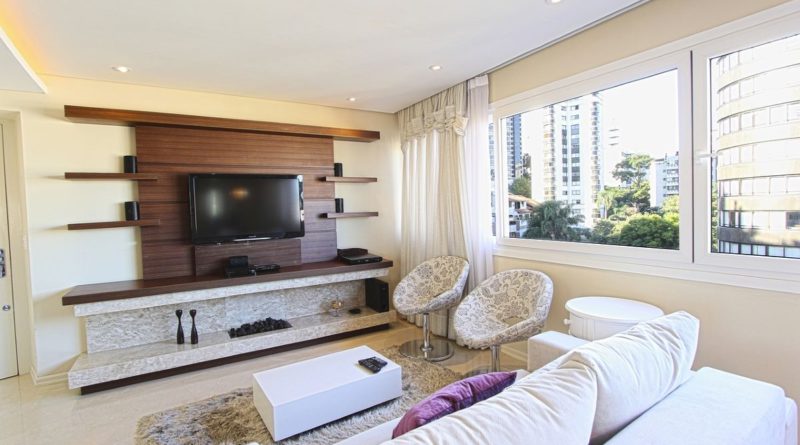Key Considerations for Buying Property
Buying property is often one of the most significant financial decisions individuals or families make in their lifetime. Whether it’s a first home, an investment property, or a vacation retreat, the process can be both exciting and daunting. With numerous factors to weigh and decisions to make, it’s crucial to approach property buying with careful consideration and preparation. Here, we’ll delve into some key considerations that should be taken into account when purchasing property.
Location, Location, Location
The location of a property is paramount and can significantly affect its value, rental potential, and overall desirability. Take into account its distance from the main city and whether it would suit your lifestyle. For example, if you have to go to the office in the city daily, buying a home far away would make it harder for you to travel every day. Also, research the neighbourhood’s safety, future development plans, and property market trends in the area.
Budget and Affordability

Setting a realistic budget is very important before starting to look for properties. Factor in not only the purchase price but also the cost to maintain it. It’s crucial to ensure that your mortgage payments are manageable within your financial means to avoid financial strain in the long run.
Property Type and Features
Select a property type that would best suit your lifestyle. Whether it’s a single-family home, condominium, townhouse, or investment property, each option comes with its own set of advantages and considerations. Consider features such as the number of bedrooms and bathrooms, square footage, layout, and any specific amenities or requirements you desire.
Condition and Inspection
When assessing the property’s condition, it’s crucial to thoroughly inspect it to uncover any potential issues. Hiring a professional home inspector will help identify structural concerns, damages, or necessary repairs that may not be immediately apparent. Pay close attention to elements such as plumbing, electrical systems, and HVAC functionality. Scrutinise the integrity of the suspended ceiling tiles for signs of damage or deterioration. Examine the condition of the property’s structure, including the integrity of aluminium battens, which can provide insights into its overall stability. Taking these steps ensures that you have a comprehensive understanding of the property’s condition before making a purchasing decision.
Market Trends and Value
Stay up to date on the current market trends and property values in the location you are interested in. Research recent sales prices, comparable properties, and market forecasts to gauge whether the property is priced competitively. Understanding the market dynamics can help you negotiate the price and make informed decisions regarding your investment.
Financing Options
Explore different financing options and mortgage products that are available to you. Compare the interest rates, loan terms, and down payment requirements from different providers to find the most suitable option for your financial situation.
Future Potential and Resale Value
Assessing the future potential and resale value of a property is essential. By consulting with a property investment consultant in Melbourne, you can gain valuable insights into market trends and growth opportunities. These investment property advisors offer expertise in identifying properties with strong appreciation potential and maximising return on investment. Consider factors such as neighbourhood development plans, infrastructure improvements, and market demand to gauge the property’s long-term value. Try to evaluate its resale appeal and potential for capital appreciation over time to compare the different options you have and choose the one that best meets your requirements.
Legal and Regulatory Considerations
Familiarise yourself with local zoning regulations, building codes, and any legal restrictions or obligations associated with the property. Verify the property’s title, boundaries, and any existing easements or encumbrances that may affect its use or value.
Lifestyle and Long-Term Goals
Consider how the property aligns with your lifestyle preferences and long-term goals. Whether it’s a primary residence, rental property, or vacation home, ensure that it meets your current needs and provides flexibility for future changes. Evaluate factors such as commute times, nearby amenities, and community atmosphere to ensure it complements your lifestyle.
Emotional vs. Rational Decision Making
While it’s natural to feel emotionally attached to a property, it’s essential to balance emotions with rational decision-making. Take the time to objectively evaluate the property based on its merits, potential, and fit with your overall objectives. Avoid rushing into a decision or being swayed by emotions that may cloud your judgment.
All in all, buying property is a big decision. By thoroughly researching, planning, and weighing the key factors, you can make the right decision. Remember to seek advice from real estate professionals and financial advisors if you are not sure about anything to avoid problems in future.

